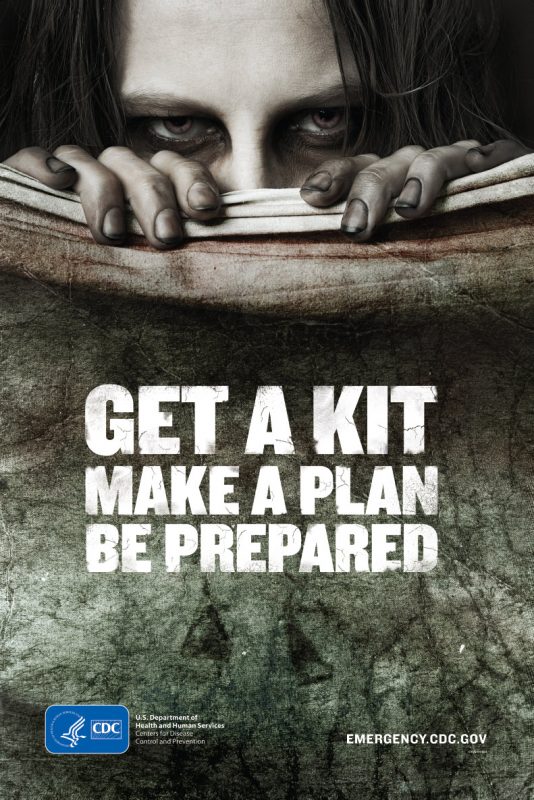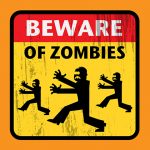 An emerging risk over the past 10 years has been the rise of undead walkers, or “zombies” and their influence on supply chains, natural resources and mortality rates.
An emerging risk over the past 10 years has been the rise of undead walkers, or “zombies” and their influence on supply chains, natural resources and mortality rates.
These once-alive individuals thrive on human flesh and spread deadly diseases; their exploits have been well documented in California and Georgia for years on basic cable television.
Renegade armies have made significant gains in controlling the risks of these attacks and uprisings using makeshift weapons, but sadly, the supply chain is limited due to an outbreak that has been wiping out Americans.
and uprisings using makeshift weapons, but sadly, the supply chain is limited due to an outbreak that has been wiping out Americans.
To avoid these risks, on Halloween, encourage employees to travel in pairs in case the undead appear out of the shadows, as they often do. Their bites are infectious and pose the risk of death or even worse—you could become one of them.
Should you sustain a bite, consider whether you will want to:
- “Live on” and become a flesh-eater
- Be placed under special quarantine
- Be terminated on-the-spot to prevent future outbreaks and harm
As previously reported in Risk Management magazine, when considering risk management techniques for zombie encounters, such as fight or flee, it pays to plan ahead: Consider objects around you that could be used as weapons, wear shoes that can accommodate speed if fleeing is necessary and always be aware of your surroundings.
The undead do not need oxygen or blood to function, as detailed in the Zombie Survival Guide. They can thrive on land and even under water, so be sure to account for both scenarios when designing your contingency plans.
If you are preparing to defend yourself or your company, it’s suggested you use a long blade or propulsion weapon and be sure to aim for the head.
It is commonly believed that once its brain is pierced, a zombie should perish for good. Visit the CDC’s Zombie Preparedness page for more survival techniques and tips on how to best handle an encounter with the undead.
